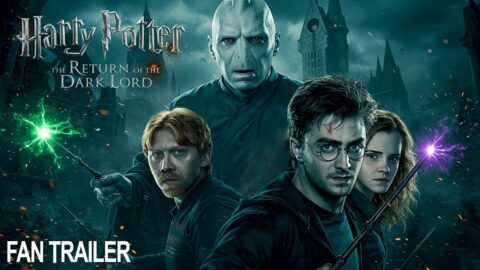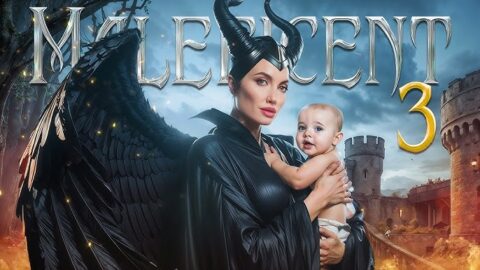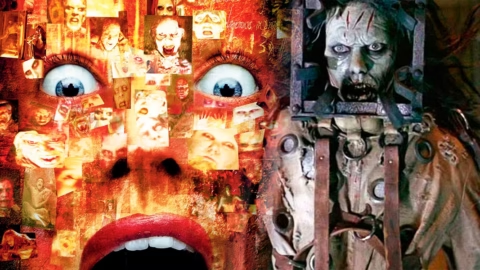Peter Jackson’s Heavenly Creatures (1994) is a haunting, dreamlike plunge into adolescent obsession and the dark corners of a friendship that becomes too intense to survive the real world. Long before he brought The Lord of the Rings to the big screen, Jackson crafted this deeply unsettling yet strangely beautiful true-crime drama—a chilling, empathetic look at two teenage girls whose fantasy world spirals into infamy.
Based on the shocking 1954 Parker–Hulme murder case in New Zealand, the film follows the intense bond between two teenage girls: Pauline Parker (Melanie Lynskey, in a stunning debut) and Juliet Hulme (a young Kate Winslet, magnetic and fearless in her first film role). Both outsiders in their conservative community, they find in each other a soulmate—a fellow dreamer who understands their secret worlds, eccentric passions, and festering resentments.
As their friendship deepens, so does their fantasy life. Jackson brilliantly visualizes their shared inner world, called the Fourth World—a vivid, surreal kingdom populated by clay figures, chivalric heroes, and romantic fantasies that stand in stark contrast to the drab reality of post-war Christchurch. The more Pauline and Juliet escape into this imaginary realm, the less they are able—or willing—to return to a life bound by parents, rules, and social norms.
The brilliance of Heavenly Creatures is how it makes you feel the giddy, all-consuming euphoria of their friendship before revealing the horrifying consequences. Lynskey and Winslet are extraordinary, capturing the exhilaration, fragility, and volatility of adolescence. There’s tenderness in their bond, but also a creeping dread as their rejection of reality turns violent when faced with the threat of being separated.
Jackson directs with a surprising lightness of touch—mixing lush visuals, fantastical special effects, and an almost fairytale score that slowly gives way to something darker. The film never feels exploitative or sensational; instead, it invites the audience into the girls’ minds, showing how blurred the line can be between make-believe and mania when you’re young, isolated, and desperate to hold on to the only person who makes you feel seen.
The infamous murder, when it finally arrives, is horrific precisely because Jackson makes us understand how the girls got there—how unchecked fantasy, emotional co-dependence, and teenage delusion can become a dangerous brew. The film lingers not on the crime’s gore but on its emotional impact, ending not with triumph or punishment but with a ghostly sense of loss for the innocence that was devoured by their own illusions.
Nearly three decades later, Heavenly Creatures remains one of Peter Jackson’s most chilling and heartbreaking films—a reminder that sometimes the monsters aren’t found in Middle-earth or haunted houses, but in the beautiful, terrible worlds we build inside our own minds.







